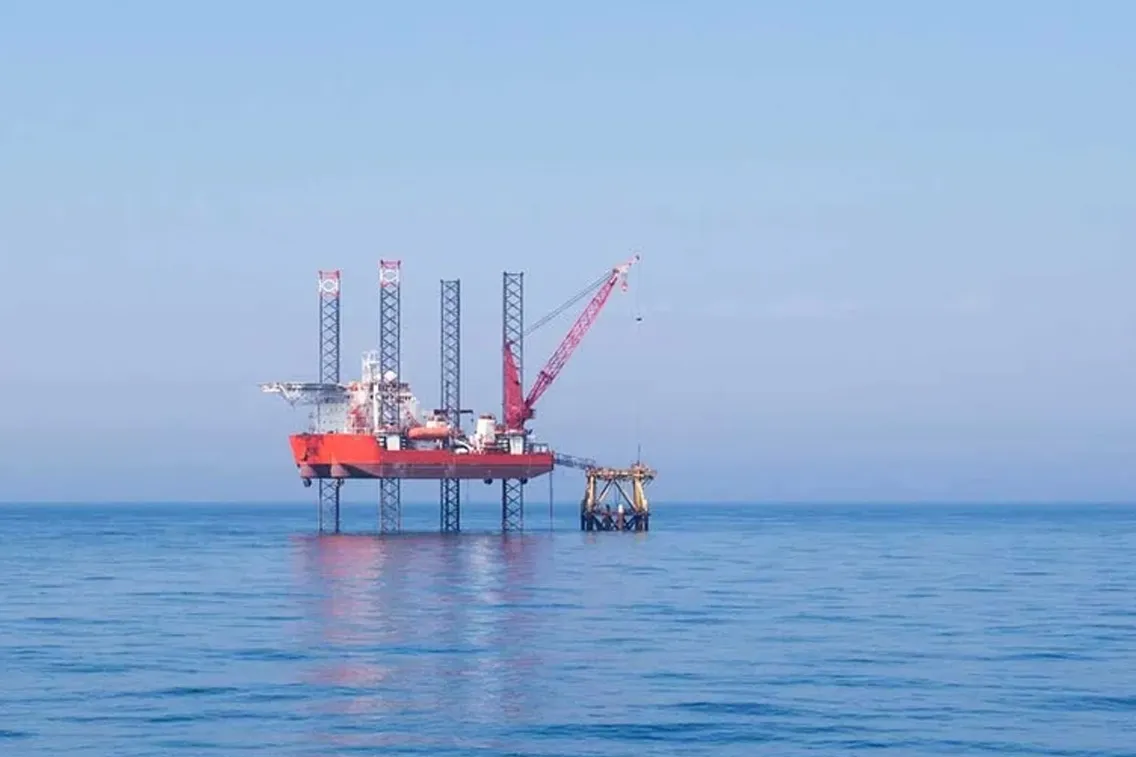Africa’s businesses and entrepreneurs account for 90% of jobs, 70% of gross domestic product, and 70% of investment on the continent, according to research by the African Development Bank (AfDB). Recognising the private sector’s outsized influence on Africa’s economic prospects, the Bank has made it a priority to catalyse private investments in Africa’s most productive and promising sectors. President Akinwumi Adesina believes the lender is making commendable progress on this important mission.
“The African Development Bank is mobilising more private sector investments into Africa,” he told Chatham House recently. He recalled with pride how the Bank has helped put together financing for some of the most transformative projects in Africa’s private sector.
“We supported the $24 billion LNG (Liquified Natural Gas) project in Mozambique, which will provide over $66 billion in revenue for Mozambique and make it the third-largest exporter of LNG in the world. We supported the $19.5 billion Dangote Refinery Complex, the largest single-train refinery in the world and the largest ammonia plant globally. We supported the $13 billion OCP phosphate company in Morocco, the largest phosphate fertiliser plant in the world,” he remarked.
Looking ahead, the AfDB remains committed to championing private sector solutions. “Private investment will be the source of most of the finance that Africa needs to achieve the SDGs and the objectives of Agenda 2063,” the Bank states in a report to investors. “Creating a favourable environment for private investment is therefore key to narrowing Africa’s financing gaps and promoting inclusive green growth.”
Making projects bankable
Currently, Africa draws a mere 3.5% of global foreign direct investment, with the majority of capital funnelled into natural resources and extractive industries, according to the United Nations Conference on Trade and Development (UNCTAD). To boost its share of global FDI, Africa needs to develop a pipeline of bankable projects in other sectors to attract private sector participation.
“The issue is when you talk about the private sector, they ask the question, where are the projects? Where are the bankable projects? And that’s why the African Development Bank invests in another vehicle which is called Africa 50, which it’s a private equity-type vehicle whose job is to help to develop bankable projects and also to be able to finance those bankable projects,” Adesina told Bloomberg in May. He revealed that Africa50 has more than $1 billion in assets, underlining its growth.
Crucially, the Bank is leveraging its robust $300 billion plus balance sheet and stellar credit rating to attract private investments in diverse sectors of Africa’s economy. “As a strong, triple A-rated institution, the Bank uses its balance sheet to raise funds on private capital markets, mobilising USD4 for every dollar in capital,” the lender states in a report to investors.
However, simply providing capital is not enough. Without adequate reforms to make African economies more attractive, these efforts would be in vain. Therefore, the Bank is also pursuing policy reforms to enhance the business environment for African entrepreneurs and businesses and help them become more competitive.
“The AfDB is supporting sectoral reforms in high-growth areas, establishing national frameworks for public-private partnerships, and implementing trade integration policies under the African Continental Free Trade Area (AfCFTA), ” says the Bank.
Additionally, the Bank is backing industrial policies for growth poles and special economic zones (SEZs), promoting industrialization through capital market policies and regulations. Integrating micro, small, and medium enterprises (MSMEs) into regional value chains and advancing e-governance reforms are critical components of this strategy.

 Sign in with Google
Sign in with Google 



